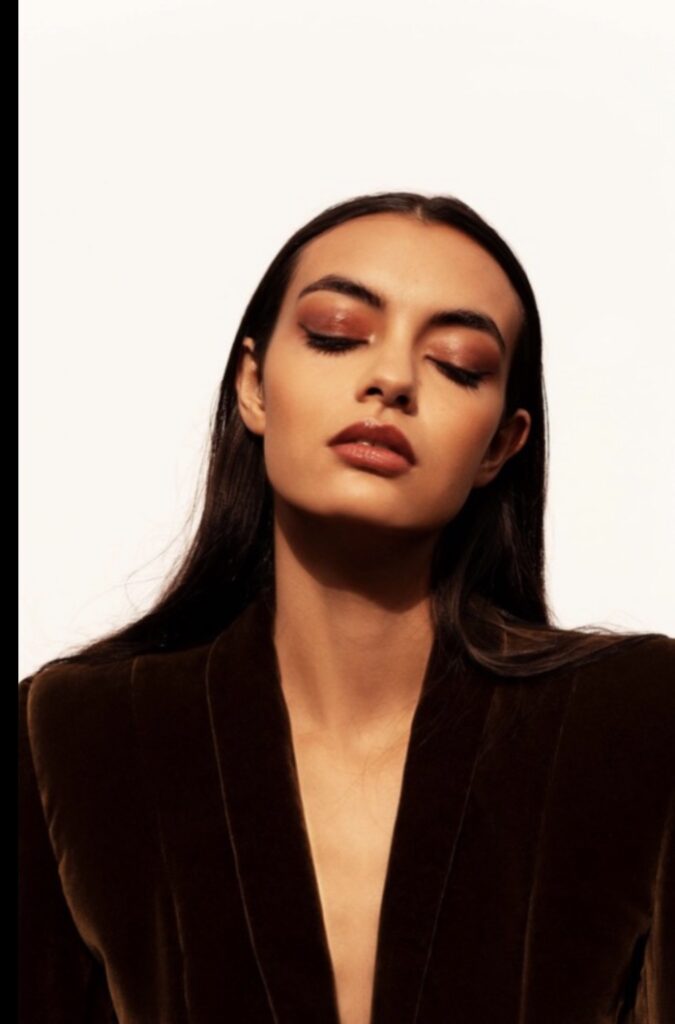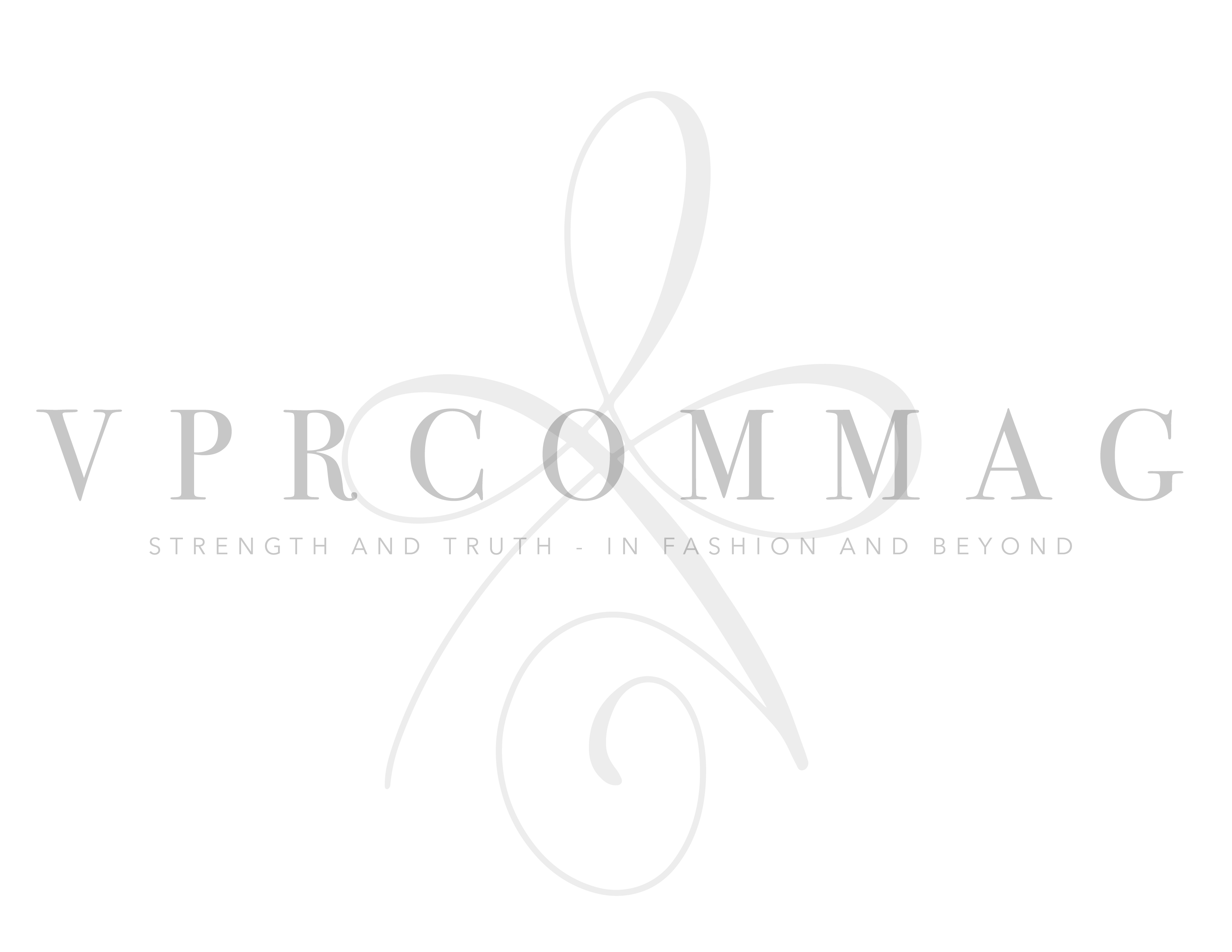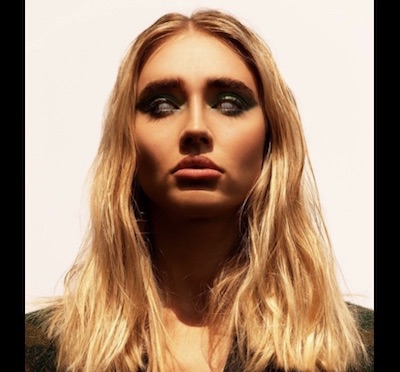He might be the “new kid” in town when it comes to the London Fashion Week lineup, but, you wouldn’t know it on meeting him. Presenting his first collection in the LFW ‘Positive Fashion’ exhibition, 23-year-old Joshua James Small is establishing not only his identity as a designer but the ethos for a brand that he is clearly dedicated to.
So, how did he get here? Well, Joshua James Small popped up as a collaborator with HUNGER Magazine last year. Fresh out of University with a BA in Womenswear the designer caught the eye of Fashion’s influencers and appeared in exclusive editorials before being spotted by The British Fashion Council and selected to feature in London Fashion Week AW20’s “Positive Fashion Exhibition.”
In February 2020 Joshua James Small produced his debut collection, ‘ETHEREAL DESIDERIUM.’
And then, he met me…
- buy Clomiphene in uae You mark the turn of a decade in fashion… are you intimidated by the inevitable critique and pressure that the Fashion World will put you as an emerging talent?
No. You will be scrutinised regardless of whether you are an emerging brand or an established house. Outsider critique is all part of the process. I think that as long as you are working hard, and producing a relevant creative output, then you shouldn’t worry too much about criticism, as surely discussion surrounding your brand can only be a good thing. It means that what you’re producing is provoking discussion. Obviously, one would hope that said discussion is more positive than negative and for the right reasons, but as long as your primary focus is design, everything else is secondary. I think there is an unbelievable amount of pressure on young designers to succeed, with limited jobs in what is becoming a shrinking industry of elite individuals. The amount of designers graduating each year from education is exponential in comparison the amount of design jobs available, so you need to remain slightly open minded in relation to post graduation goals. That’s not to say that you can’t become a designer, but I think it’s an organic process, and if what you are producing holds a relevant place in the industry and wider society, then there are opportunities and bodies (such as the BFC, Vogue Fashion Fund, Fashion East, LVMH Prize etc.) which will enable you to further your creative practice. Regardless, life is a hustle, but just make sure you work hard and be nice.
- Kenya Did you get to meet any of your personal icons during LFW?
I’ve been lucky enough to be afforded opportunities over the last few months where I’ve been able to work with a number of people I admire the work of. I must say though, I was especially pleased to finally meet Clare Press face to face, because we’d talked so much through Instagram. We had initially planned to meet last September, but for scheduling reasons we hadn’t been able to fix a date. She came to see my work at the Positive Fashion Exhibition, which I greatly appreciated. I think she’s fantastic and I absolutely love her Wardrobe Crisis podcast, so I’m really excited at the prospect of working with her further, as the year progresses.
- What is the importance of ethical and sustainable fashion to you?
Being considerate of the impact of what you’re producing is incredibly important. I don’t think you can be a successful designer in 2020 without some form of consideration into the impact of your production and consumption cycle. Fashion is the second most polluting industry. Granted a vast majority of the issue stems from overconsumption of mass produced high street clothing (of which is poorly made and only worn a handful of times before disposal) but I think that all levels of the industry need to re-align their values with a more conscious focus. Any brand that wants to be taken seriously should be open to a level of transparency when it comes to production.
- Teach me five things about fashion through your eyes in 2 minutes?
- The older you get and the more integrated in the industry you become, the truer The Devil Wears Prada is in relation to your own life. And yes your entire life will go up in smoke, when it’s time for a promotion.
- If you come from a working class background, such as myself, you have to work twice as hard for half as much, in comparison to your wealthy peers.
- As a small brand or freelance, you’ll end up feeling like a press officer disguised as a designer.
- Pierre of @PAM_BOY mentioned, ‘Couture is the next big flex, especially so with Menswear’, and I believe that to be entirely true. I think that there will be a separation whereby the consumer either invests in couture or purchases upcycled vintage.
- When we live in a world with more than enough clothing to go around, the shift in consumer habits will place emphasis on investment pieces and couture, and will render the mid-market and diffusion lines obsolete. It’s more difficult than it looks.
- Who is your dream collaborator and why?
I would absolutely love to work under Maison Margiela, for the simple reason that I would give anything for the opportunity to work with John Galliano. John is a god, so we stan.
- How do you seize upon and incorporate ever evolving campaigns, causes and developments of the day into your brand?
I don’t feel that I need to force anything into my brand that isn’t an honest representation of my values and interests. I appreciate people recommending brands/campaigns/ causes etc. that might be relevant to me, or that I might want to be aware of, but I won’t force something for the sakes of it. Companies do often get in touch for brand collaborations and sponsored content, which I appreciate, however I will only work with companies that are an honest fit. Likewise, most of the campaigns and projects I’m working on, normally form organically through me already being interested in or having affiliation to the respective brands/campaigns/causes etc. Integrity is paramount.
- What do you think are the strongest trends right now and what do you predict for the seasons ahead?
I don’t think trend led design holds much of a place in 2020. For obvious reasons consumer habits will drive trends regardless, because a trend is an uncontrolled societal movement, which is influenced by so many other factors. The idea of designing or consuming fashion as a direct response to trend-led influence seems out of place in a world where overconsumption has resulted in a ‘remix’ of culture, to the degree that individualism is primary. Therefore it’s cool if you if you say it’s cool.
- Is fashion and style, nature or nurture?
Nurture, obviously. Organically or inorganically, aesthetic choices are a learnt skill.
- Is the current trend of ethical fashion and sustainability creating change or merely a buzzword bandwagon for today’s fashion community to jump on?
Ethical and sustainable fashion can never be labelled as a trend, because that would imply that one day it will no longer be a trend, due to the cyclical nature of trends. A conscious focus will remain a mainstay within fashion as society becomes more aware of the human impact on the environment. I do think though that the way in which we view designers who put sustainability at the fore front of their USP will shift, in that sustainable practice will become an accepted norm for all brands, so it will no longer need to be highlighted through a trend-led form of dissemination. At the moment there are a vast number of brands, both high-street and high-end, that want to claim some form of ethical or sustainable focus, because it’s profitable in the current climate. This act of greenwashing is problematic, as it’s misleading to the ill-informed consumer. I do however think that anyone seeking to make a conscious purchase, will have some form of knowledge on the integrity of the brand they’re buying into. I also believe that most consumers will understand that when H&M produce a ‘sustainable collection’ they know that this is more about marketing than a more considered output.
- The price tag on sustainable fashion is, let’s face it, out of reach from everyday fashion followers, how can the high street move to become more sustainable without punishing the shoppers who look up to them?
A sustainable attitude towards clothing and consumption doesn’t have to be expensive. There are very simple ways of reducing your impact on the environment. The most simple is to buy well, buy less, and make it last. Make considered choices about what you are purchasing and think about whether the item of clothing you are buying is something that will last and is something you’ll still want to wear forever. Other simple and common sense ways of being more sustainable include fixing broken garments. Learn basic sewing skills, and should a seam come undone, fix it as opposed to disposing of an otherwise perfect garment. In addition to this, shop second hand. You’ll find much more interesting pre-owned garments on DEPOP than you will in your local Topshop.
- What would you do and be if you weren’t in fashion?
If it was loosely linked to fashion, I would love to be magazine editor. There is nothing that pleases me more than a well-made print publication. Outside of the direct fashion industry, I like the idea of being a lecturer/tutor. I idolise what Louise Wilson did at CSM, and would have given anything to have had an opportunity to be taught by her. The idea being a catalyst and springboard for students, with the possibility of being the first person to really endorse and assist each respective talented individual, is such an appealing prospect to me. It’s also something I’d seriously consider in the future.
- What song/mixtape mashup best represents your current work atm?
- What other projects are you involved in at the moment?
I’m one of 6 designers to showcase under The Big Blue Project in Paris this April. I’m also working on a new collection currently, which is quite exciting.
Interview by Daisy Sells
Designer and Stylist: Joshua James Small #JOSHUAJAMESSMALL

Photographer: Craig Benson









